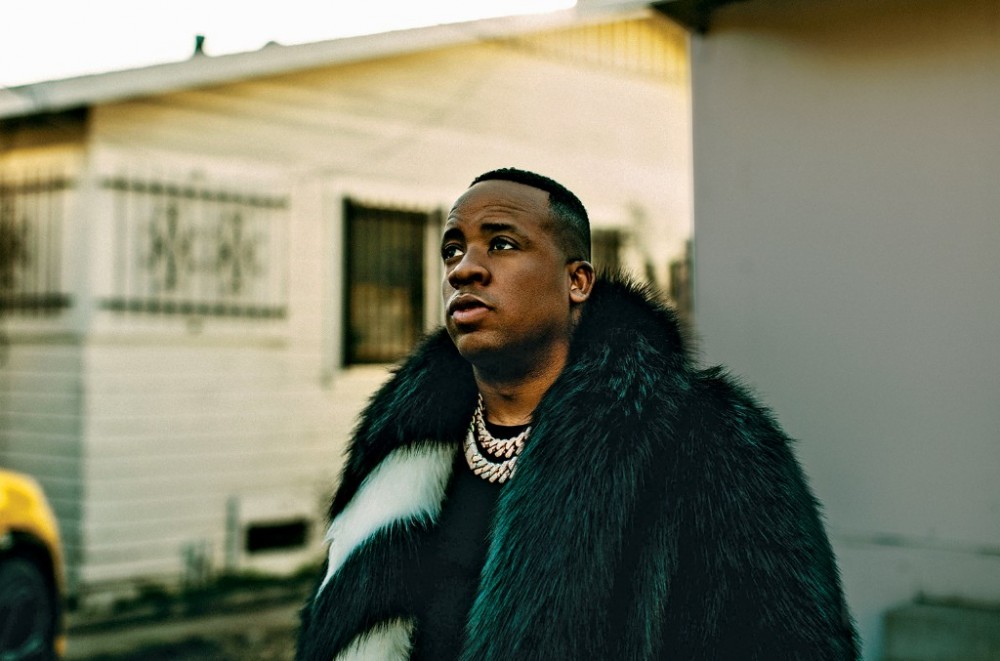
Why Yo Gotti left a major label and reembraced the indie world.
Yo Gotti started 2020 on a high note, posting on Instagram on Feb. 4, “Drop My Album, Out My Deal, Own My MASTERS …. ALL IN DA 1st Month of da year.” After signing to Epic Records in 2013, the rapper released music on his own imprint, Collective Music Group — with backing from the label that helped push him into the mainstream. By 2017, Yo Gotti had scored his first two top 20 hits on the Billboard Hot 100 with “Down in the DM” and “Rake It Up,” both featuring Nicki Minaj. “A lot of things I’d never accomplished before, I accomplished with Epic,” he says. “I don’t think of [the contract ending] as a bad experience at all.” Still, the MC wanted more control.
In January, when he released Untrapped, his fourth album on Epic, he fulfilled his contract and obtained an interest in his Epic masters. (Epic declined to comment on the details of his contract.) His new album is the first co-released by Epic and Inevitable II — the umbrella company that Collective Music Group is part of — signaling a return to Yo Gotti’s roots. (He still has a relationship with Epic.) “People from the streets are some of the most business-savvy people you could meet,” the 38-year-old says. “Ain’t no school for the streets, ain’t no textbooks that teach you how to hustle. You learned that shit as you were going.”
There was a bit of confusion online about who owns your masters. After your Instagram post, a fan pointed out that Untrapped was co-released under the imprint Inevitable II.
Anybody who really follow me knows that we started out with the label being called INE, which is Inevitable Entertainment — that was the brand I started with on day one. We never got rid of that brand, but when we started doing the Cocaine Muzik mixtape series [in 2008], the shit got so popular we just started going with [Collective Music Group].
Would you ever sign another traditional major-label deal?
I don’t know. Somebody may have $100 million tomorrow and I still have ownership and I can still move how I want to move… I’m a kid from Ridgecrest Apartments [in Memphis]. I don’t know that I would turn down $100 million. So I’m not going to say it’s impossible for me to do a deal, but if I do, with anybody, it’ll be the dream deal — we’re not taking anything less than everything we want because we can do this shit on our own.
A few years ago, you said that there were three specific steps to your success: accessibility to music, planning and connecting to fans. What other rules have you adopted since then?
After being in the game so long, making so much money and achieving different things, now I think a lot more about impact. “What can we do to affect [change in people’s lives]?” Whether it’s helping them or teaching them… Legacy-type shit. We’re really trying to make sure that we make the right moves, not just for me or artists that I’ve signed, but for my city and young hustlers in general.
What does the album title Untrapped really speak to?
Probably more than half my life, I’ve thought from a trap mindset, a hood mind frame in the way I was moving. [Now, I’m] leaving that perspective and growing up.
This article originally appeared in the Feb. 29, 2020 issue of Billboard.


 32
32